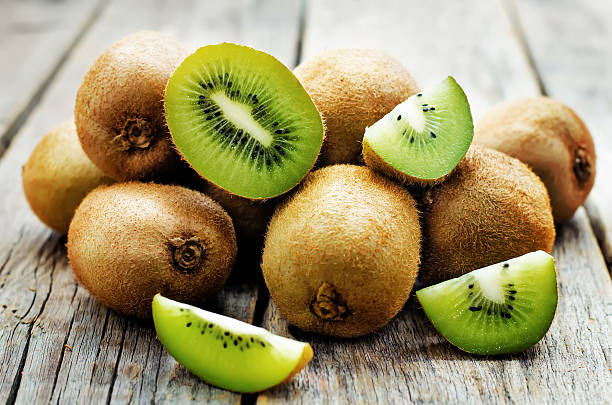
Sleep is not just about closing your eyes at night. It is the fuel that powers your body, sharpens your mind, and keeps your emotions balanced. Yet many people struggle to fall asleep or wake up refreshed, turning instead to pills, endless scrolling, or restless tossing. What often goes unnoticed is that the food on your plate plays a bigger role than most realize. Your daily meals and evening snacks can be the difference between staring at the ceiling until 2am and waking up ready to face the day. The good news is that science shows certain foods naturally improve sleep quality. They work with your body’s chemistry, calming your system and helping your brain ease into restful slumber.
Why Food Matters More Than You Think
Most people link diet with weight, fitness, or energy but forget its connection to sleep. Every bite you take sends signals to your body through nutrients, hormones, and even gut bacteria. Foods that regulate serotonin and melatonin help create the hormonal balance your brain needs for rest. Others reduce stress hormones like cortisol that keep you wired at night. Poor food choices, especially heavy, greasy meals or excess caffeine, disrupt this cycle. Once you begin treating your diet as part of your sleep routine, the results can be surprising.
Almonds and Nuts: Nature’s Nighttime Support

Almonds, walnuts, and pistachios are more than just convenient snacks. They are rich in magnesium, a mineral linked directly to better sleep. Magnesium relaxes muscles and helps regulate melatonin, the sleep hormone. People with low magnesium levels often report restless nights. A small handful of almonds or walnuts in the evening can set the stage for a more peaceful night. Unlike sugary snacks, nuts give your body what it needs without spiking blood sugar, which can wake you up in the middle of the night.
Kiwi: A Sweet Fruit with Sleep Benefits
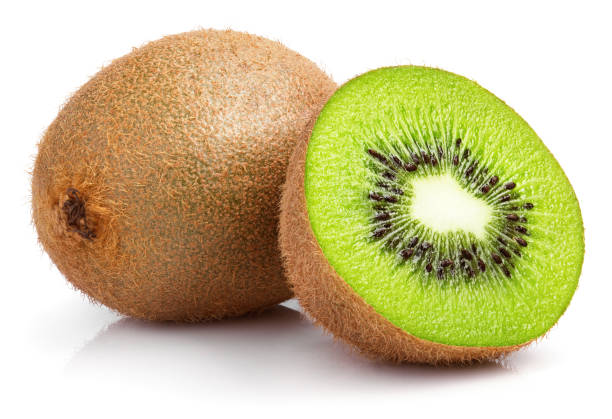
Few would expect kiwi to be a sleep enhancer, but studies have shown that eating kiwi before bed improves sleep duration and quality. The reason lies in its combination of antioxidants, serotonin, and vitamins that promote relaxation. Kiwis are light, easy to digest, and satisfy sweet cravings without weighing you down. If you are trying to avoid late-night desserts that disturb your rest, swapping them for kiwi can be a game changer.
Fatty Fish and the Power of Omega 3
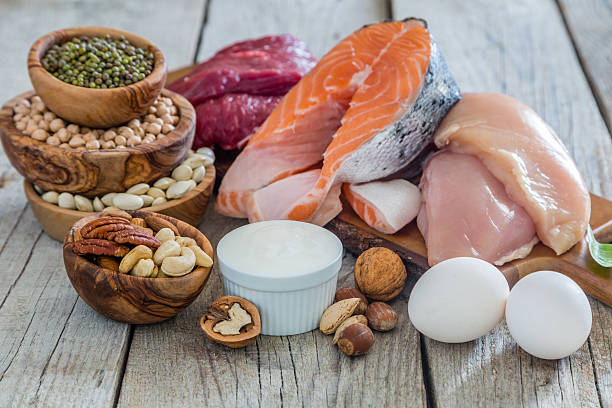
Salmon, mackerel, and trout may not sound like bedtime foods, but their omega 3 fatty acids and vitamin D play a powerful role in regulating serotonin levels. Serotonin not only affects mood but also sets the stage for melatonin production. Research shows that people who include fatty fish in their diet often fall asleep faster and experience deeper rest. A balanced dinner with fish and vegetables a few times a week can improve more than your heart health—it can transform your nights.
Bananas: More Than a Quick Snack

Bananas are often called a natural energy booster, but at night they take on a different role. Packed with potassium and magnesium, they relax your muscles and calm the nervous system. They also contain tryptophan, an amino acid that your body converts into serotonin and then melatonin. A simple banana before bed is far from ordinary—it is like a natural sleep supplement wrapped in yellow skin.
Chamomile Tea and Herbal Allies

Though not technically food, chamomile tea deserves a place on this list. Chamomile contains apigenin, an antioxidant that binds to receptors in your brain and promotes sleepiness. Unlike caffeinated drinks, chamomile tea sets your body into rest mode without side effects. Other herbal teas like valerian root or passionflower also have calming properties. Replacing late-night coffee with a warm cup of chamomile may be one of the easiest yet most effective changes you can make.
Rice and Carbohydrate Choices
Carbohydrates are often seen as the enemy in diet culture, but not all carbs are created equal. White rice, jasmine rice, and oats have been linked to better sleep when consumed in moderation. These foods increase the availability of tryptophan in the brain, boosting serotonin and melatonin. The trick is balance. A heavy bowl of pasta before bed may keep you awake, but a modest portion of rice with vegetables in the evening can support sleep cycles.
Dark Chocolate in Moderation
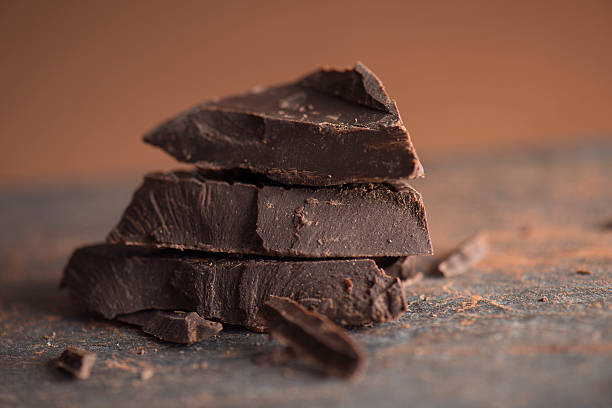
Chocolate before bed may sound counterproductive, especially since it contains caffeine. However, dark chocolate in small amounts provides magnesium and serotonin-boosting compounds. The key is moderation and choosing chocolate with a higher cocoa percentage and less sugar. Too much can keep you awake, but a small piece of quality dark chocolate can be a comforting way to end the evening without disturbing your sleep.
Foods to Avoid for Better Rest
Equally important as knowing what to eat is knowing what to avoid. Spicy meals, heavy fried foods, and late-night caffeine are all common sleep disruptors. Alcohol might make you drowsy initially, but it interferes with sleep cycles, leaving you tired in the morning. Sugary desserts cause blood sugar spikes that trigger wakefulness. By cutting down on these foods, you give the sleep-friendly ones room to work effectively.
Building a Sleep-Friendly Routine
Eating the right foods will not solve everything if your routine is chaotic. Sleep hygiene matters. Aim to eat your last meal at least two hours before bed to allow digestion to begin. Keep portions moderate to avoid discomfort. Pair these habits with dim lighting, reduced screen time, and a calm environment. When your lifestyle and diet work together, the results can be dramatic.
Why This Matters Beyond Sleep
Better sleep is not just about feeling less tired. It strengthens your immune system, sharpens memory, supports mental health, and improves productivity. People who sleep well are less likely to struggle with obesity, diabetes, or depression. Food is the most overlooked yet most powerful tool in achieving this. By choosing wisely, you are not just improving tonight’s rest—you are investing in your long-term health.
Your Next Steps
The idea is simple but powerful. Begin with small changes: add almonds to your evening routine, replace dessert with kiwi a few nights a week, or swap coffee for chamomile. Notice the difference after a week or two. Your body will respond, and once you feel the benefits, these foods will become natural choices. Sleep is one of the greatest healers the body has, and the right foods can unlock it without prescriptions or complicated routines.
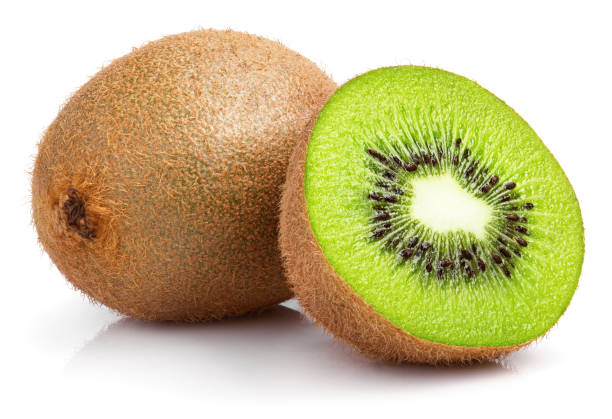
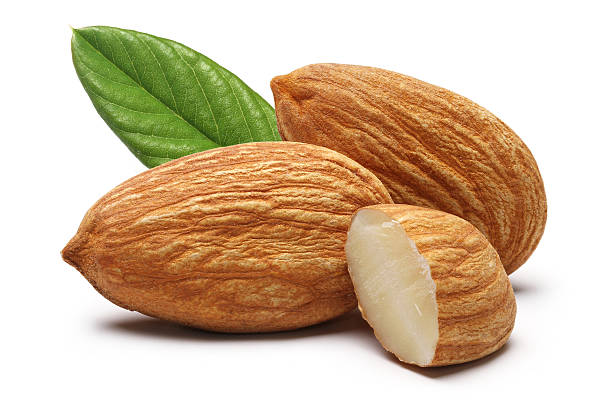






Comments (0)